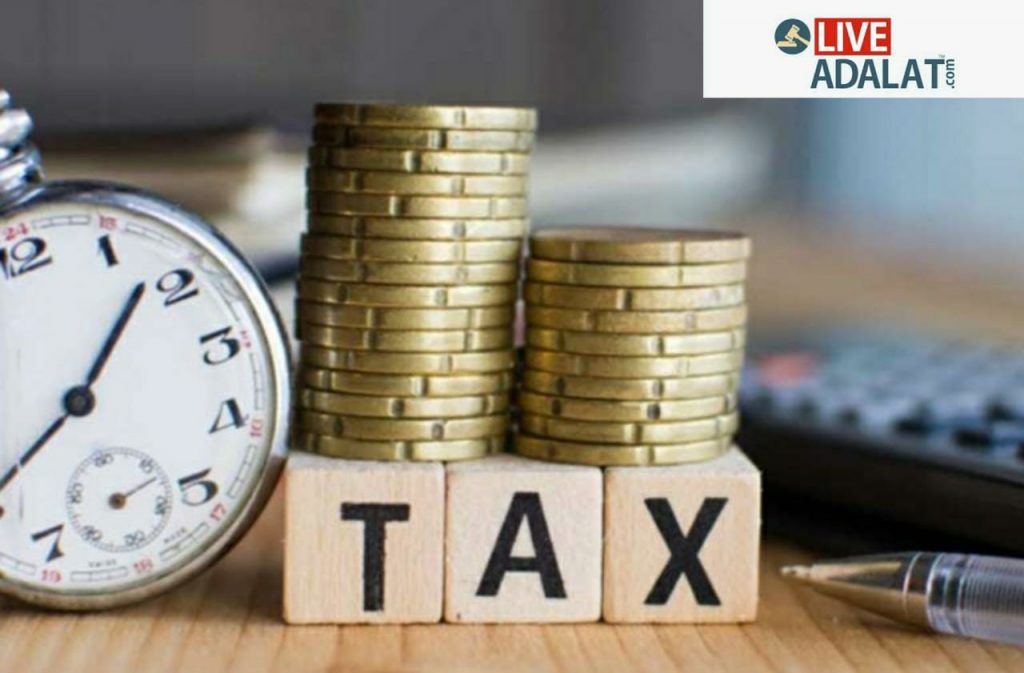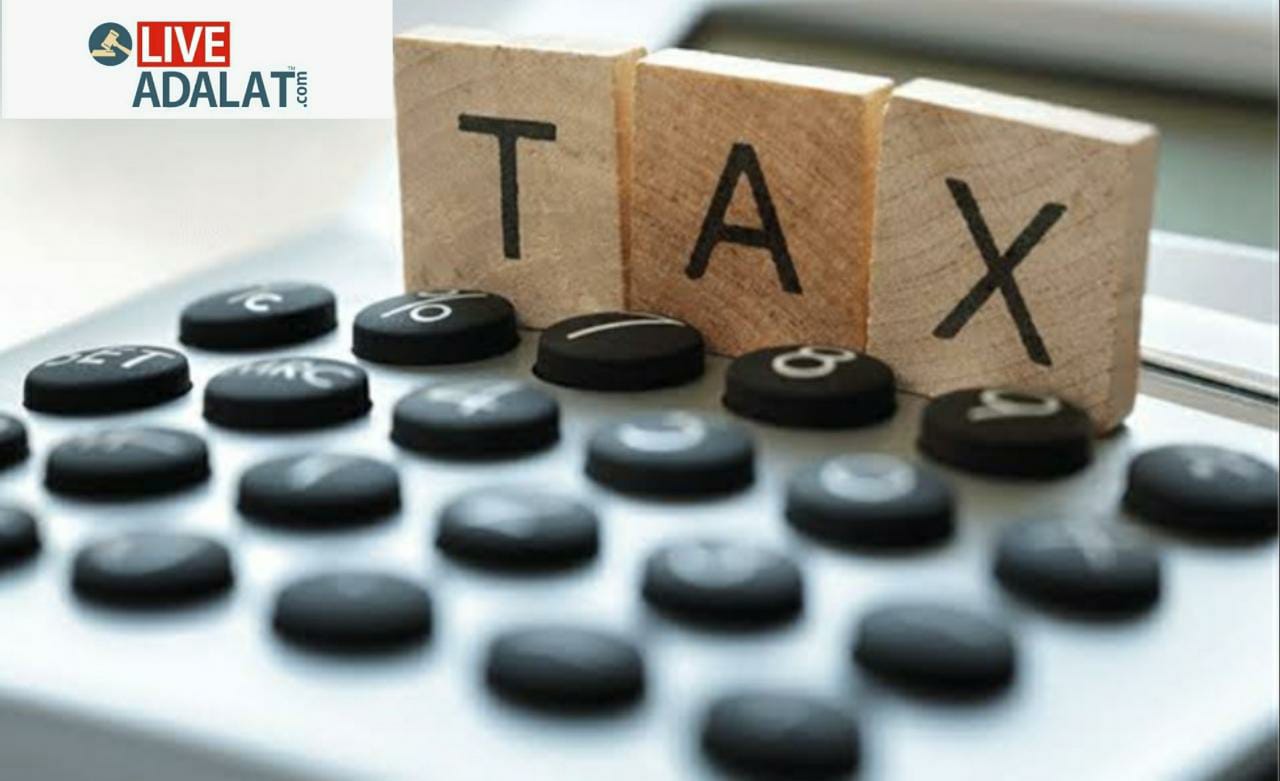The Supreme Court stated that it is the government’s obligation to maintain the taxes system straightforward and convenient. The panel of Justices Sanjay Kishan Kaul and Hrishikesh Roy remarked that just as the government does not want tax evasion, it is the regime’s obligation to establish a tax system that allows a subject to budget and plan. According to the court, if a fair balance is struck between them, needless litigation can be avoided without sacrificing revenue creation.

According to the court, if a fair balance is struck between them, needless litigation can be avoided without sacrificing revenue creation. Section 14A deals with expenses related to revenue that isn’t included in total income. It allows the assessee to deduct expenses made in relation to income that does not form part of their overall income. The assessee is not allowed to deduct any interest or other expenditure incurred for the purpose of obtaining tax-free income, such as interest paid on money borrowed or investment in any business that produces tax-free revenue.
Also Read: Delhi HC rejects plea stating Gallantry awards are given arbitrarily and does not follow merit
In this case, the Assessing Officer disallowed interest due to money invested to produce tax-free income proportionately. In granting the assessee’s appeal, the ITAT found that disallowance under Section 14A is not justified in the lack of unambiguous identification of money. The Commissioner of Income Tax (Appeals) overturned this, and the High Court followed suit, prompting the assessee banks to appeal to the Supreme Court. The appellant banks argued that investments in bonds and shares should be considered to have been made with interest-free funds that were substantially greater than the investment, and that interest paid by the assessee on its deposits and other borrowings should not be considered to be expenditure incurred in relation to tax-free income on bonds and shares, and that, as a result, the interest paid by the assessee on its deposits and other borrowings should not be considered to be expenditure incurred in relation to tax-free income on bonds and shares
According to the court, the proportionate disallowance of interest under Section 14A of the Income Tax Act is not warranted for investments made in tax free bonds/ securities that yield tax free dividend and interest to Assessee Banks in those situations where the Assessee’s interest free own funds available exceeded their investments. The bench concluded by quoting Adam Smith’s landmark work Wealth of Nations: “The tax that each individual is obligated to pay should be predictable and not arbitrary. The contributor and everyone else should know when the payment will be made, how it will be made, and how much will be paid.”
It is important to note, as the 18th-century economist put it, that there is no space for assumption under the taxing scheme, and nothing can be inferred. The tax that an individual or a corporation is obliged to pay is a matter of planning for the taxpayer, and the government should strive to make it as convenient and straightforward as possible to maximise compliance. Just as the government does not want tax evasion, it is the regime’s job to establish a tax system that a subject can budget and prepare for. If a correct balance is established between them, needless litigation may be avoided without sacrificing the creation of money.
Also Read: यूएनएचसीआर ऑफिस के बाहर प्रदर्शन कर रहे अफ़गानियो को हटाने का निर्देश

